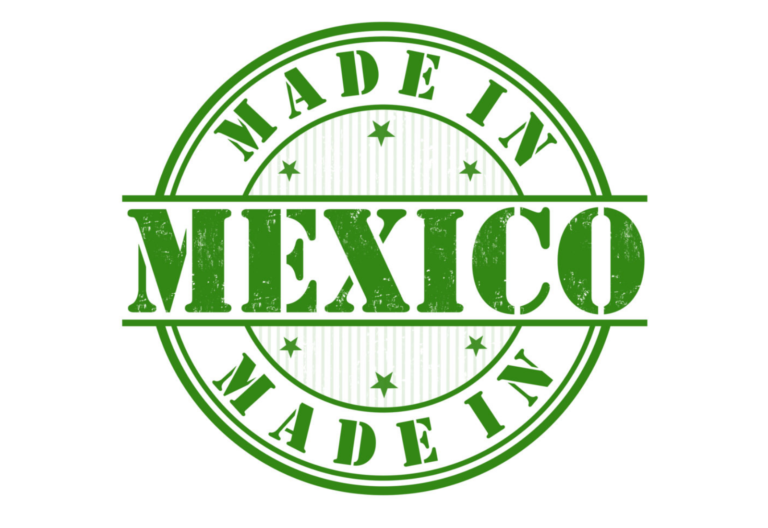
Disputes with Chinese Companies
Disputes with Chinese companies are becoming increasingly common, yet they are not becoming any easier to resolve. Mainland Chinese courts do not enforce U.S. judgments. Therefore, it is usually (but not always) a waste of time to bring a lawsuit in a U.S. court against a Chinese company that does not have assets in either


















